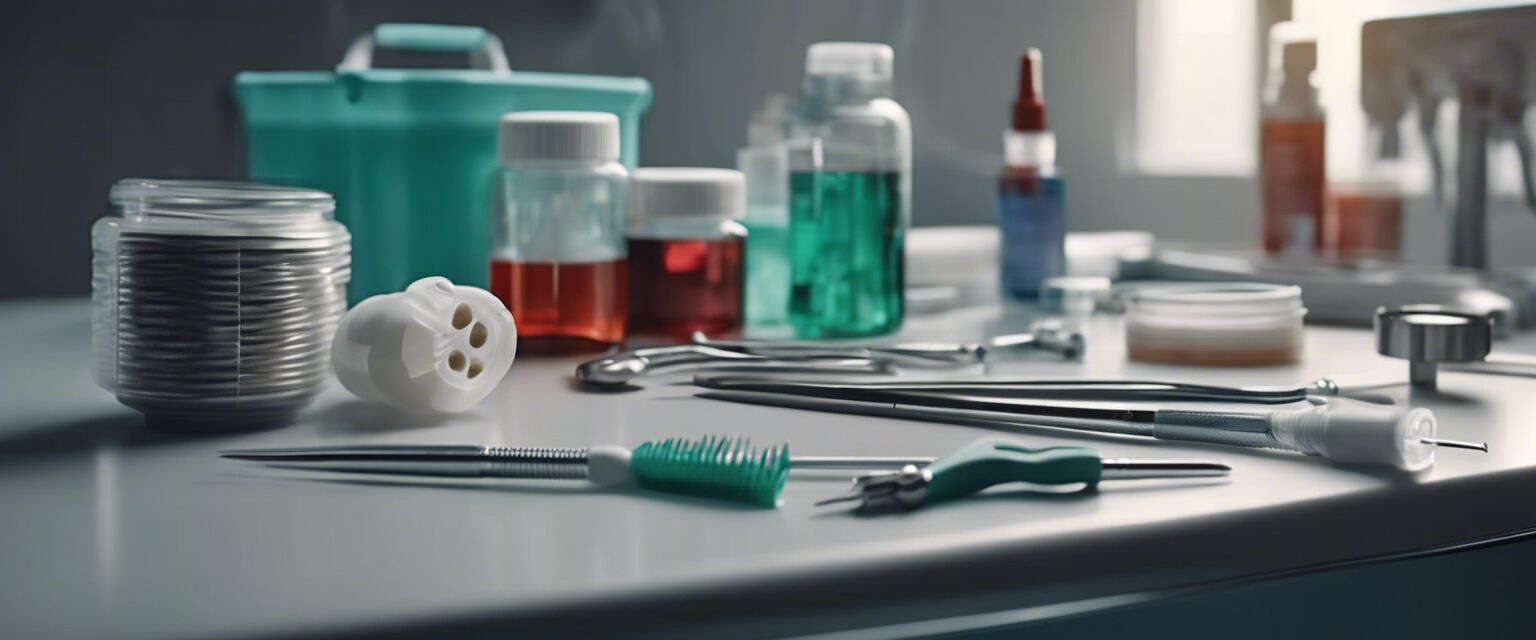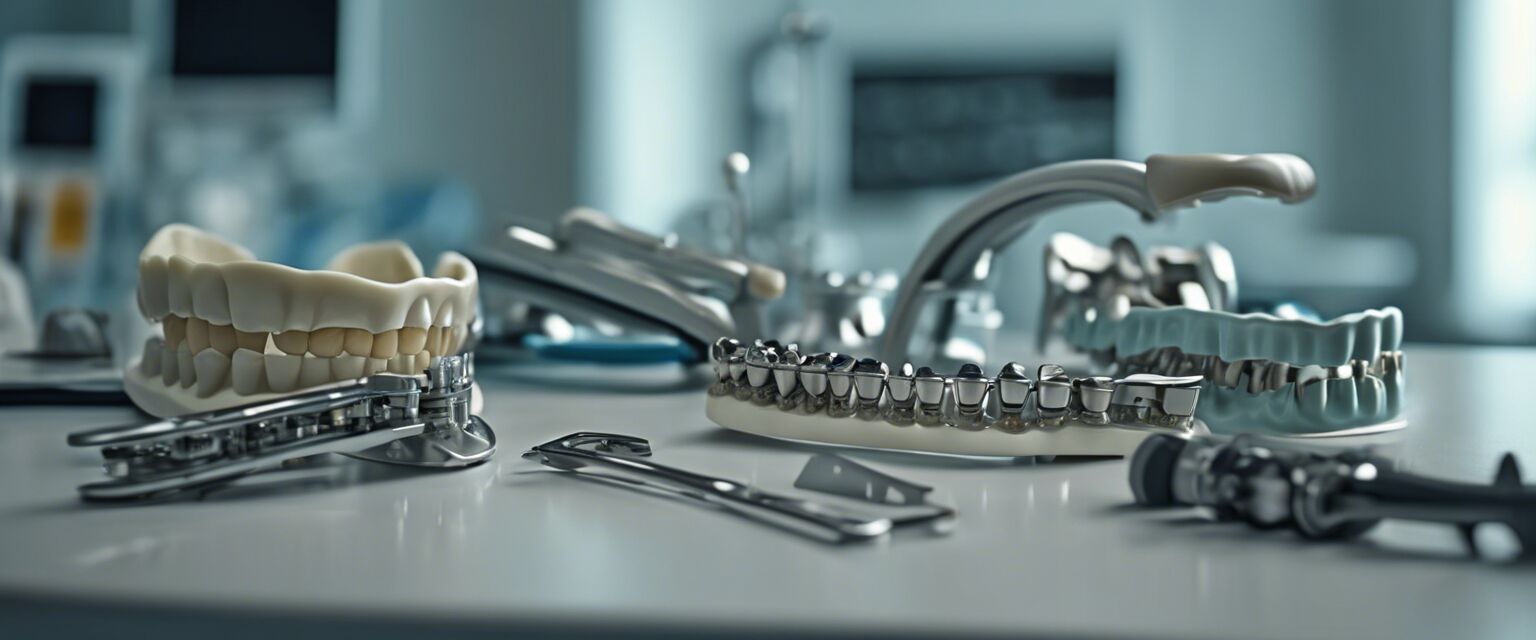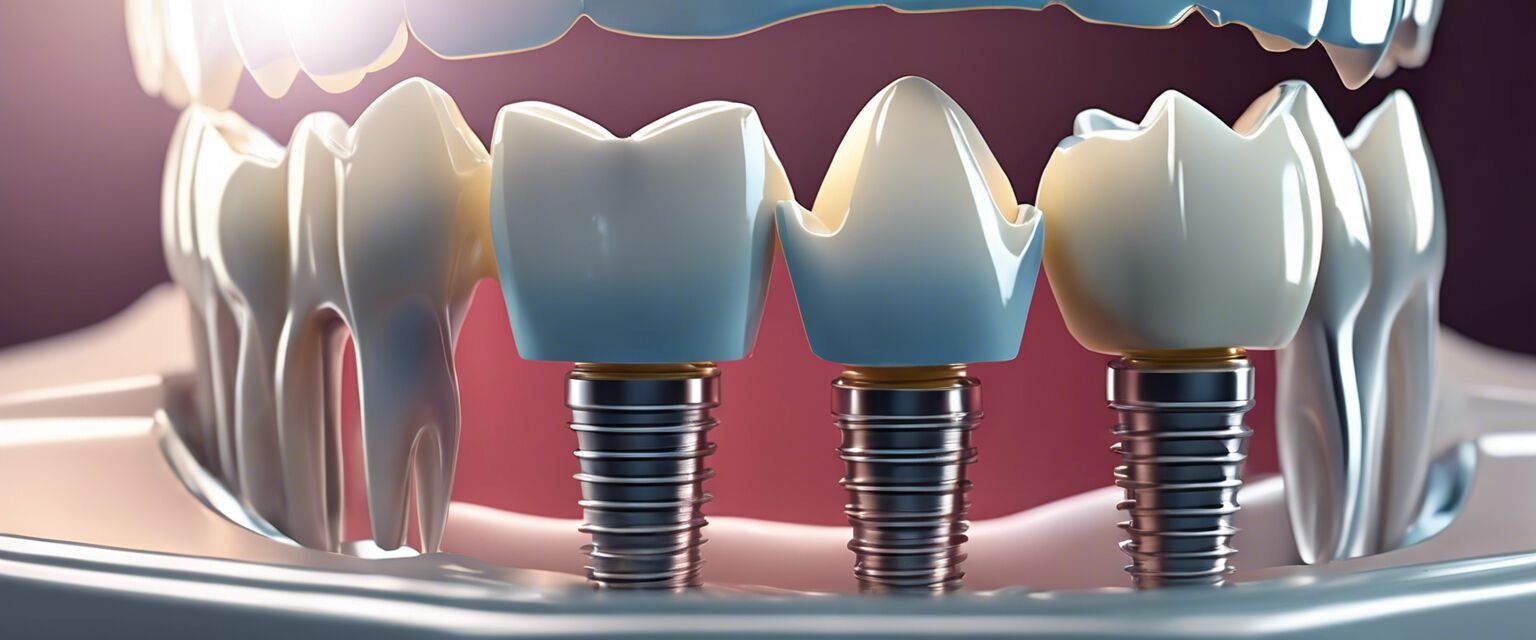
Preventative Dentistry
Key Takeaways
- Preventative dentistry plays a critical role in maintaining overall dental health.
- Regular dental check-ups help detect problems early.
- Daily oral care routines reduce the risk of cavities and gum disease.
- Fluoride treatments and dental sealants provide extra protection against decay.
Maintaining excellent dental health is crucial for your overall well-being. Preventative dentistry focuses on decreasing the risk of oral disease through early detection, education, and regular dental care. By establishing a solid preventive strategy, you can protect your teeth and gums for years to come.
What is preventative dentistry?
Preventative dentistry encompasses a range of practices, procedures, and educational efforts designed to maintain and improve dental health. This approach revolves around regular dental visits, personalized oral care plans, and education on proper home care techniques.
The role of dental check-ups
Regular dental check-ups are essential in the field of preventative dentistry. These visits help in:
- Detecting problems early, such as cavities or gum disease.
- Providing professional cleanings that remove plaque and tartar.
- Receiving personalized guidance on maintaining oral hygiene.
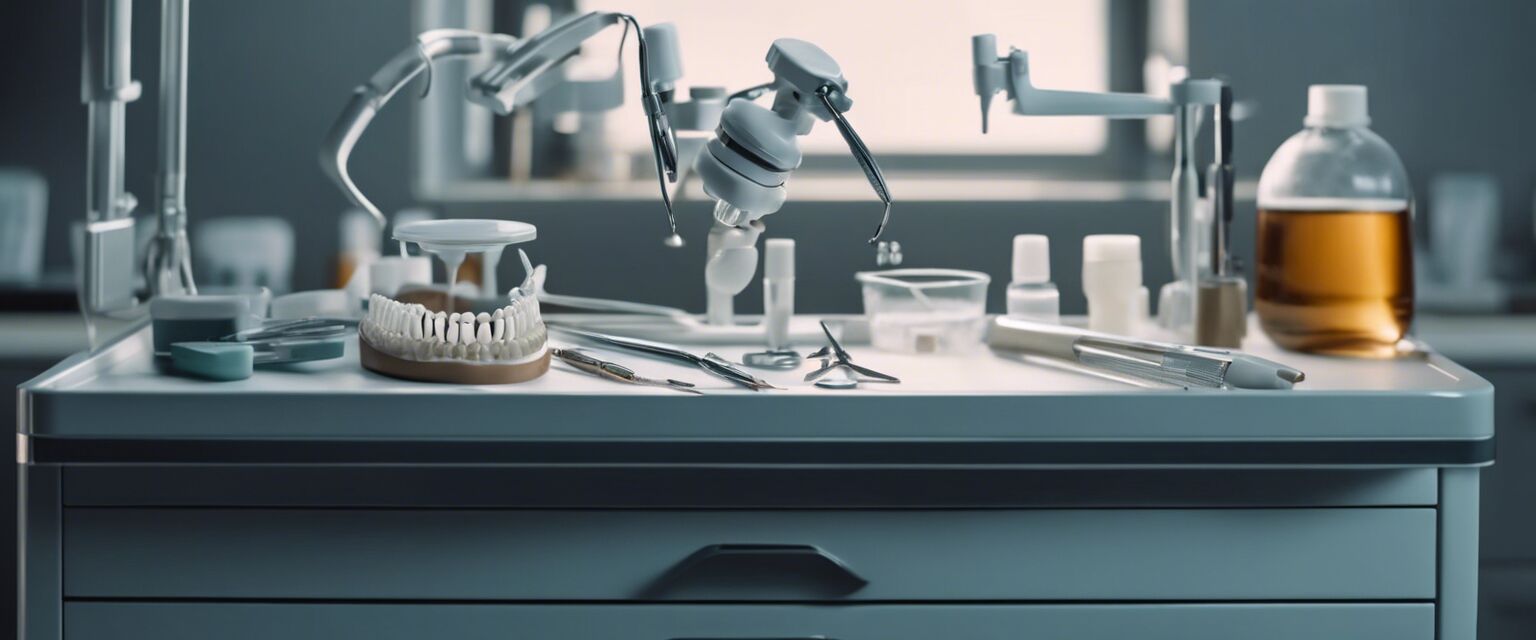
Daily oral care routine
Developing a consistent daily oral care routine is vital to maintain Dental health. Below are the key practices to include:
| Practice | Frequency | Benefits |
|---|---|---|
| Brushing | Twice daily | Removes plaque and food particles, reducing cavities. |
| Flossing | Once daily | Clears debris between teeth and prevents gum disease. |
| Using mouthwash | Daily | Fights germs, freshens breath, and promotes oral hygiene. |
Nutritional considerations
What you eat can also impact your dental health. Consider incorporating the following foods:
- Dairy products for calcium and vitamin D.
- Fruits and vegetables to strengthen gums.
- Lean proteins to promote overall health.
Additional preventative measures
Besides daily oral care, here are some additional preventative measures:
Fluoride treatments
Fluoride is a mineral that helps reinforce tooth enamel. Professional fluoride treatments can offer extra protection against cavities, especially for children and those at risk of decay.
Dental sealants
Sealants are thin, protective coatings applied to the chewing surfaces of back teeth. They prevent food and bacteria from getting trapped in the tiny grooves.
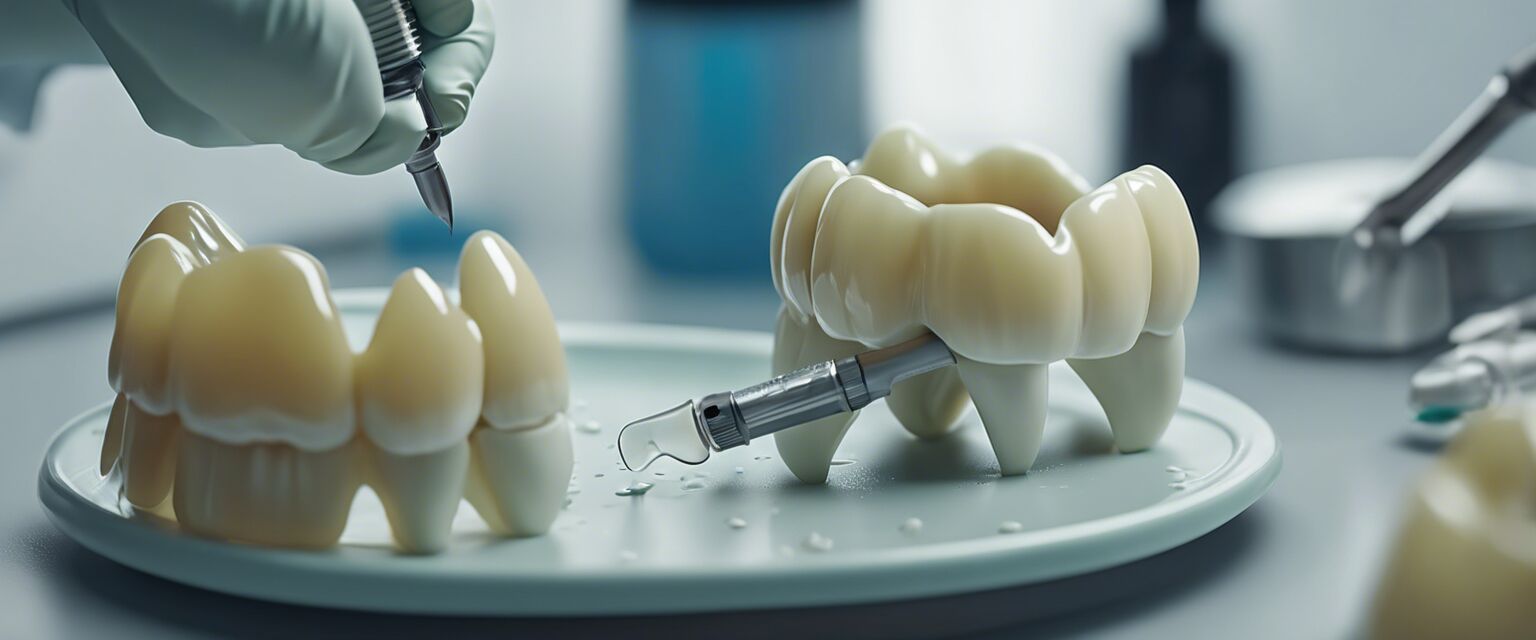
Common preventive procedures
Here are some common procedures performed in preventative dentistry:
| Procedure | Description | Target Audience |
|---|---|---|
| Regular cleanings | Professional cleaning to remove plaque and tartar. | Everyone |
| X-rays | Radiographic exams to identify hidden dental issues. | Recommended for adults and children |
| Oral cancer screenings | Examinations to detect early signs of oral cancer. | Adults, especially smokers and drinkers |
Conclusion
Incorporating preventative measures into your dental care routine can greatly reduce the risk of dental diseases and maintain your oral health for a lifetime. Regular visits to a general dentist can give you personalized insights and guidance tailored to your needs. Donât neglect your dental health; the sooner you implement preventative dentistry, the more likely you are to enjoy a healthy smile.
Tips for effective preventative dentistry
- Use a soft-bristled toothbrush to prevent gum irritation.
- Replace your toothbrush every three to four months.
- Be mindful of sugar consumption to help prevent cavities.
Pros
- Reduces the overall risk of dental problems.
- Saves money by preventing costly procedures.
- Promotes a healthier lifestyle.
Cons
- Can be time-consuming to maintain a routine.
- May require upfront costs for treatments.
- Not all dental insurance covers certain preventative procedures.
By prioritizing preventative dentistry, you not only take charge of your oral health but also enhance your quality of life. Remember, a beautiful smile is a healthy smile!

